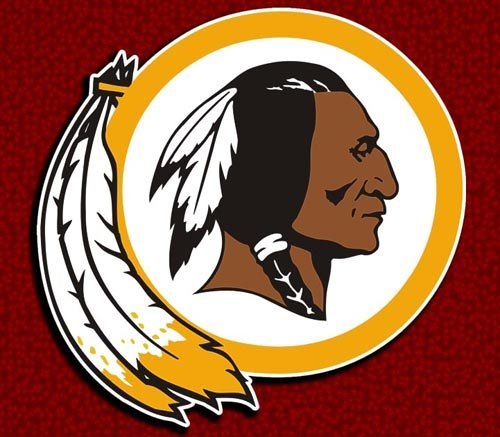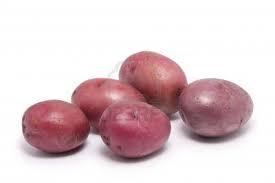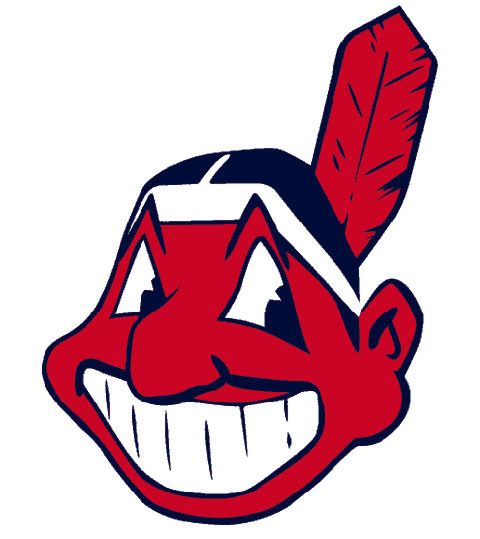The first football game I attended upon moving to Iowa pitted the Dutch against the Norse. Who knew such strong ethnic sentiments still persisted? Team names like Highlanders, Celtics, and Vikings express similar ethnic heritages. Cornhuskers, Cowboys, Steelers, or Packers don’t reflect an ethnic pride, but a comparable cultural pride.
Washington’s NFL team, the Redskins, is under considerable scrutiny and public pressure to change their name. But why is Redskins different than Dutch or Norse? Is it more offensive than Celtics? Why is Redskins worse than Braves, Indians, or Chiefs?
 Surf around the web and you’ll be ushered into an intense conversation about all this and more. You’ll also find voices who consider the entire conversation a farce, an infringement of free speech, and political correctness gone off the rails.
Surf around the web and you’ll be ushered into an intense conversation about all this and more. You’ll also find voices who consider the entire conversation a farce, an infringement of free speech, and political correctness gone off the rails.
The short version is that Redskins is more offensive than other Native-related names basically because of “skins.” No personal characteristic, like bravery, is being commended. It is simply the color of skin. As many have said, no one would endorse a team called the “Darkies” or “Yellow Peril.”
There are some interesting proposals floating around. Keep the current logo but change the team name to “Americans.” PETA suggests they keep the name, but change the logo to a small potato. I was impressed by the suggestion that the Braves keep their name but replace Native American imagery with a connection to firefighters and police.
As Christians, shouldn’t we seek to listen to people, to honor requests, to let people determine their own names and how that name should be used? Simply that Native Americans find Redskins or Chief Wahoo, the logo of the Cleveland Indians, derogatory and offensive seems like enough reason for the teams to change. You can always find a few Native Americans who aren’t offended by Redskins or Chief Wahoo, but they aren’t in the mainstream. And there are teams like the Florida State University Seminoles who have reached out to the Seminole nation to partner with them in ways that are beneficial and honoring.
Do teams have the right and freedom to be called whatever they wish? Of course. That’s not the question. I’m a fan. I understand lore and tradition, the fond memories and emotional connections with teams. I’ve barely forgiven Milwaukee for stealing my Seattle Pilots 44 years ago. Please don’t even bring up the Oklahoma City Thunder.
What seems overlooked in most of these conversations are power, privilege, and social capital. Dutch people chose to name their own teams the Dutch. Celtics was chosen to honor an Irish heritage. Native names too may have originally expressed admiration, although crass stereotyping probably informed the “admiration.” But more importantly, these names weren’t selected by Native Americans or for teams comprised of Native Americans.
A lot depends on who is saying and using words. That is true for these team name controversies, but also in broader and more significant ways. I can’t use the N-word. Maybe a brash African-American comedian can. As a comfortable, top-of-the-heap sort of person, I am probably not as able to read and interpret the book of Revelation as those who are crushed and hopeless.
Similar thoughts—about power equations, about letting people have their own monikers, and who is saying words—came to mind recently when I heard someone refer to “the LGBT alphabet soup and whatever other initials they’ve tacked on this week.” Of course, LGBT refers to lesbian, gay, bisexual, transgender. Admittedly when Q (I’ve heard for both “queer” and “questioning.”) and A (asexual or ally?) and I (intersex, persons whose anatomy doesn’t fit typical male/female categories) are added, LGBTQIA becomes a bit unwieldy. But not any more than Mathonnet-VanderWell, or lots of other alphabet soups in church and civic life. More importantly, if this is how people wish to be addressed, I’ll try to honor it rather than complain about it. Is the complaining really about making your mouth work too hard, or is it expressing a deeper antipathy?
Many years ago at the General Synod of Reformed Church in America, a proposal came before the body for the “Black Council” to change its name to the “African-American Council.” Church leaders, who just one day earlier had enthusiastically endorsed a vision for a diverse and multiracial future of the church, now stood in line at the microphones to ask patronizing and scornful questions. “I remember when you were the Negro Council. Then Black. Now African-American. When will it end?” “How much will this cost?” “Are all constituents actually of African descent?” “Why not ‘Afro-American?’”
At last, a wise, old, African-American Elder had his turn at the microphone. With only gentleness and no guile, he spoke. “I hear your questions and I don’t have answers for all of them. Perhaps we will be back in a decade or two asking for a different name. We are people who have been troubled and hard-pressed, who are still not entirely sure how to self-identify. We’re wrestling with questions of identity, and what to call ourselves. I ask for your patience and I ask that you honor this simple request to let us name ourselves.”

